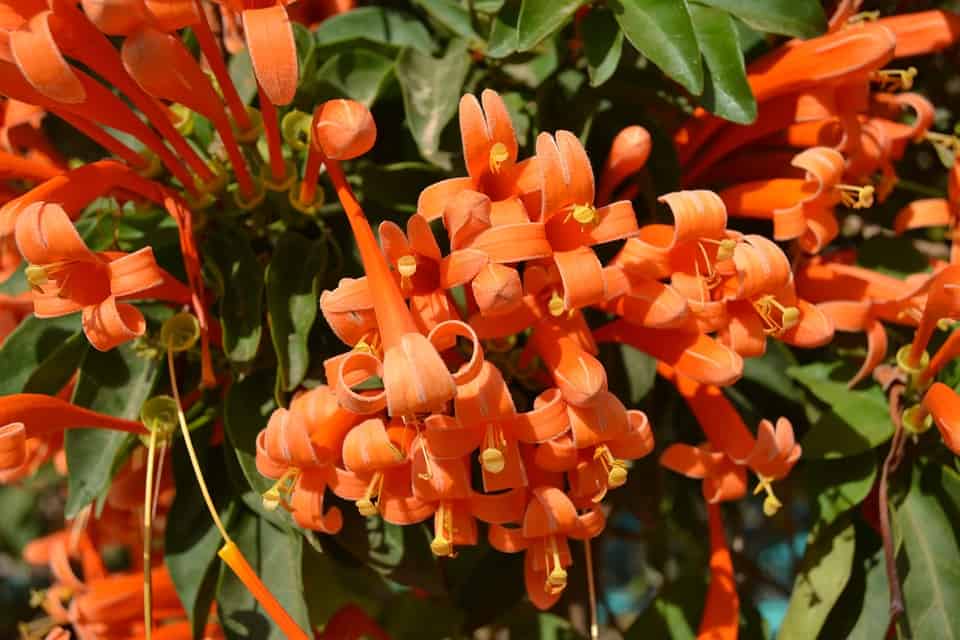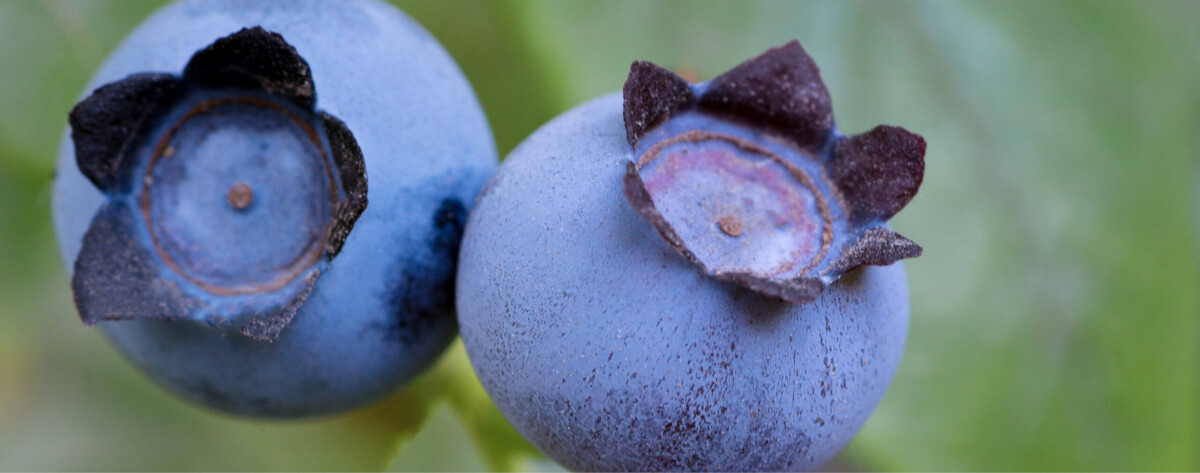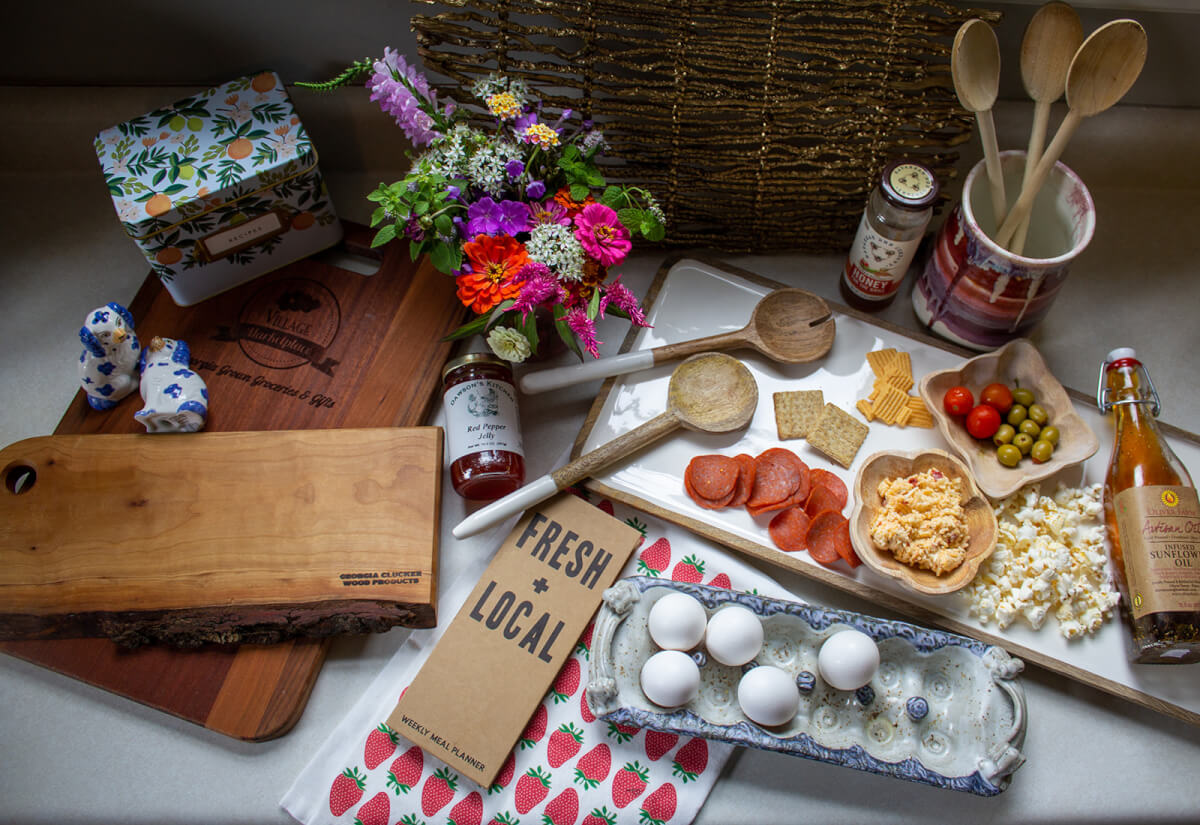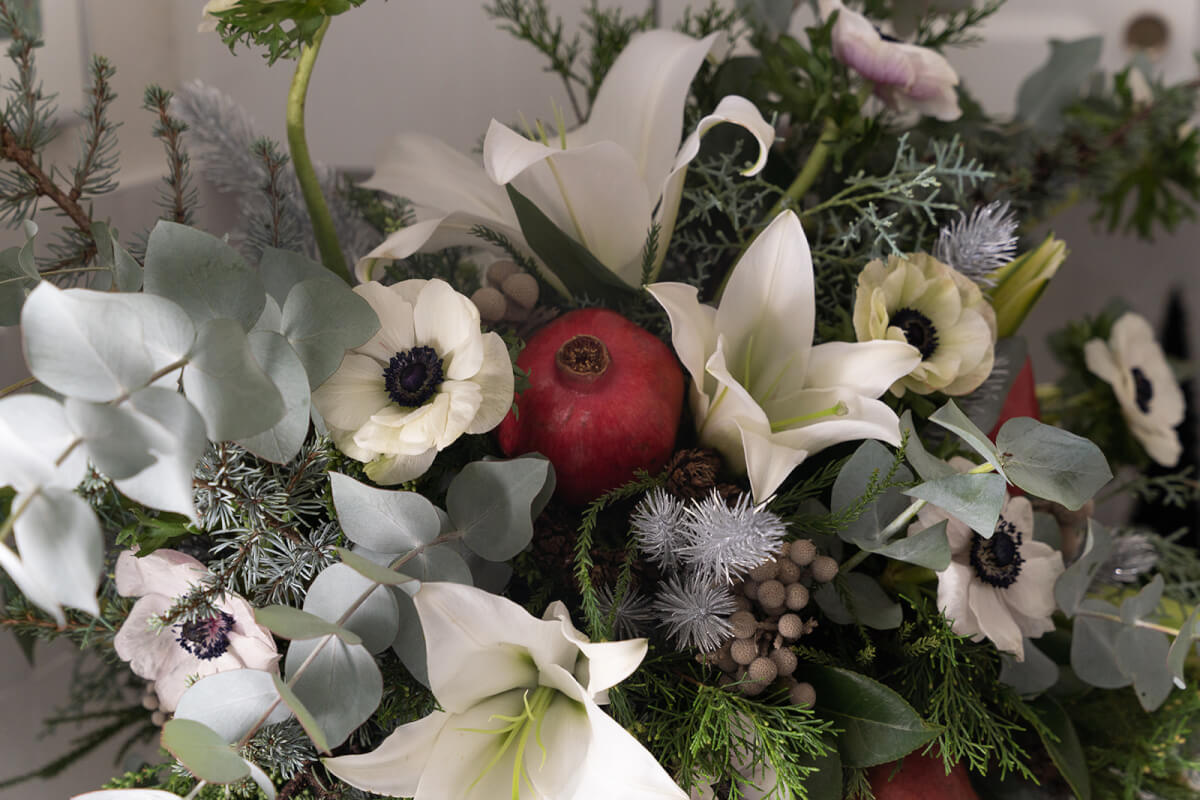
New Program Encourages Native Plantings
By Karol Kelly
Connect to Protect is a State Botanical Garden of Georgia initiative that has early roots here in Macon. This program creates beautiful flowering displays – from containers to meadows – of native plants that support a myriad of beneficial insects. By building these spaces in urban settings, support is given to our bees, butterflies, moths and other pollinators. The concern about pollinator health has been a common theme in recent years.
Stephen Reichert, Macon resident and long-time State Botanical Garden supporter, introduced the program to our community in 2015.
“Macon was once dubbed ‘A City in a Park,’ and I want us to live up to that,” Reichert said. “We are a part of nature as much as the milkweed and the Monarch butterflies that feed upon it. We must protect the links that connect us.”
The first garden was installed at the entrance to Rose Hill cemetery, in partnership with the Macon-Bibb Parks and Beautification Department. Currently, the garden is being maintained by Bibb County Extension and their Master Gardener Volunteers.
At the Extension office, Allison Griffin helps coordinate the local Connect to Protect program. She said she’s had a special place in her heart for flowers since childhood, when she scattered seeds with her grandmother and waited for their buzzing visitors.
“It wasn’t until my daughter had a school project that I truly began to understand the diversity of native plants,” she said. “Before long, I had many of these growing in my yard.”
One goal for the Connect to Protect plantings is to have interest throughout the growing season – from late winter/early spring through the first frost in fall. Another is to help gardeners understand that pollinator spaces can be an attractive part of any landscape.
Some of the Macon favorites include select cultivars of Liatris, cone flowers, Coreopsis, Rudbeckia, Joe Pye weed, milkweed, bee balm and goldenrod.
“Native plants provide food for their insect pollinators, and without the pollinators, biodiversity declines at all levels – from bees to birds to butterflies,” Reichert said. “So, plant some milkweed or lantana in your garden and let’s have more butterflies!”
For more information about the program, contact Allison Griffin at Allison.griffin@uga.edu or 478-751-6338.







